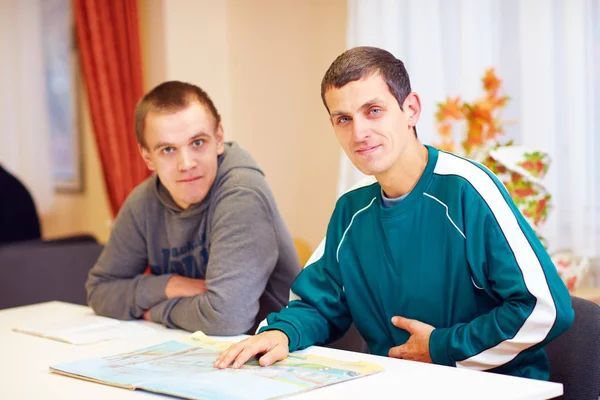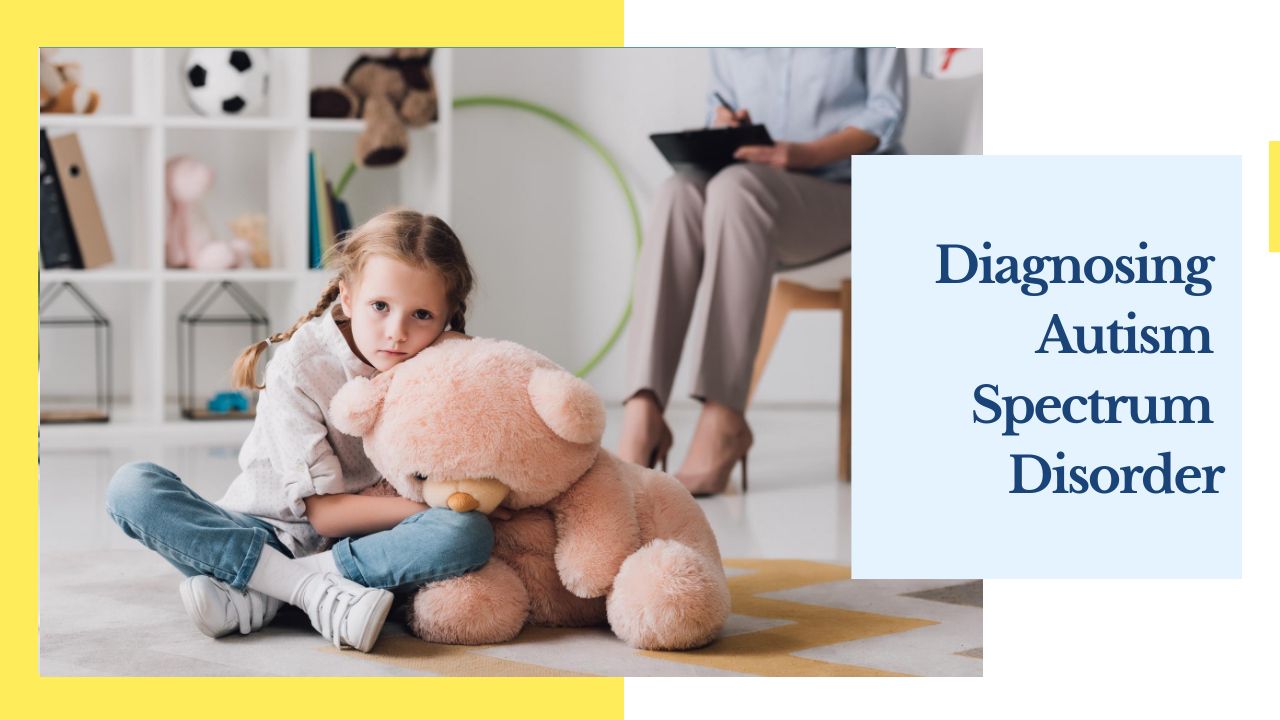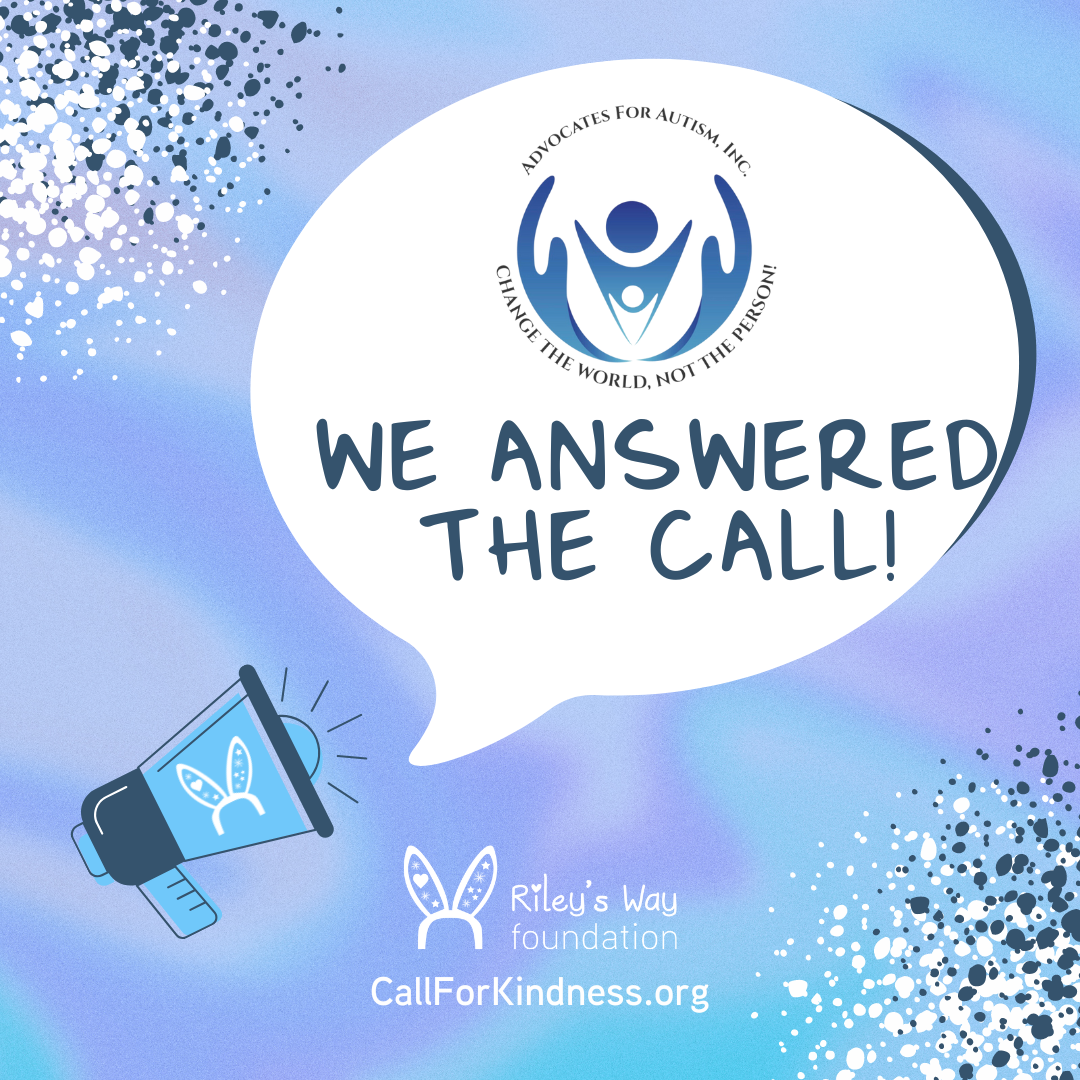The Top 10 Autism-Friendly Places in the Southern Tier
ThinkDIFFERENTLY - It’s not about where there is do or how much it costs – it’s about acceptance.

This region is rich with fun places to go with your child with autism and here are just a few:
In this area, we need to be creative with the activities we plan because of the weather, but moreover, because as parents, we MUST plan ahead. It's not just about the cost either. Sometimes we are willing to pay and go the distance for a true, accommodating experience. Sure, it includes sensory-friendly, and though that is important, we at Advocates For Autism, are working hard at assisting businesses to become more sensory-friendly. But we work with these businesses to teach more about feeling welcome as parents. Having the safety net of being able to go to any staff member at that business and they immediately escort us to a quiet place where our child can finish a meltdown or decompress without literally everyone staring at you? Well, that's priceless. And we will continue to patronize those businesses. Here are the top 10 in this area of New York.
1.
The Discovery Center – by far, hands down, old-fashioned fun!
www.discoverycenter.org
A description of the Discovery Center is said best by those who created the organization:
The Discovery Center is phenomenal! This is where the imagination can be sparked and if you are looking to teach your child those imagination skills like pretending and role-playing, what better place to do it in than one that has a real fire truck, a real television studio, and even a telephone pole to climb! The Story Garden outside (free with no admission needed) seeks to spark the imagination of visitors through interactive experiences with images from favorite children’s books in an outdoor setting. The award-winning Story Garden promotes an appreciation for gardens, the environment, and, of course, having fun outside!
2. The Four County Library System:
FCLS (sirsi.net)
The local libraries, like Vestal, Broome County, Endicott, and Johnson City all strive to include our children in their planned activities. Click on the link to view the calendar for each site.
3. Southern Tier Community Center:
https://thestcc.org/ Newly Renovated!
This is the former Boys and Girls Club of Endicott. What a fantastic job they have done here. This center is a division of the Children's Home and so all profits go to their services, as they should. They couldn't be more accommodating. Check out the schedule for the new pool with its heated water and a place where your kids can truly enjoy the water and make some friends while doing it. There is a family-friendly locker room as well!
4. Rumble Town - The Binghamton Rumble Ponies!
Binghamton Rumble Ponies | MiLB.com
As I write this, we are working on more sensory-friendly ideas, autism-friendly ideas to fully accommodate a family with a child with special needs. We are assisting with the creation of Social Stories with PECS that can be viewed on your phone to assist with the schedule of activities at the park while sitting in your seat. There are new owners and new approach! We also include the adults. Again, it's more about the staff and the welcoming atmosphere, and the willingness to assist you in any way they can to make your night out at the ballpark more enjoyable.
5. Midway Bowling Lanes in Vestal, NY:
www.midwaylanes1.com
This is family fun atmosphere that hosts bowling leagues and bowlers from age 2 to 102! More often than not there will be a group of kids with ASD playing a game or two and feeling, even if just for an hour, that they are just like everyone else. If it's been a while since you bowled, well now they have bumpers that move up and down according to the name of the player who needs them. There's never a worry with your kids playing here. They have other arcade games and are well known for fun birthday parties and you don’t have to plan around the weather.
6. Ross Park Zoo!
Ross Park Zoo - America's 5th Zoo -
These guys have been the most accommodating under the direction of the New Executive Director. We work together on some activities. Please support them. Go to their Facebook Page for recent events and photos. For anyone with a disability, that person can bring their community habilitative staff to enter free. Every year there is more added!
7. Animal Adventure and Safari
Home Page - VisitAAP
This is the place that April the Giraffe made famous. Under the direction of Jordan Patch, this place cannot be beat as far as place for our kids to express themselves, have a good time and not worry about what anyone is thinking. Who hasn't stood and roared at a Lion's exhibit? Jordan knows first hand what it takes to be a special needs parent. He gets it. If you need any assistance while there, just let one of the staff members know and they will do their best.
8. Binghamton University Events Center For BU Men's and Women's Basketball Games!
Jr. Bearcats Club - Binghamton University Athletics (bubearcats.com) We worked with the Athletic Department to make a Jr. Bearcats Sensory Zone! This is THE place to go in the winter and you need a family function where ALL can go. There is a special room/zone set up with staffing, equipment and activities for those with special needs to escape to when it all gets to be hard for them to sit in the seat.
9. Our Space
OurSpace Park - At Rec Park
This is the FIRST of its' kind in NY State. It is a playground that is worth the drive! Free and has everything you would need for an entire afternoon out at the park. “OurSpace” is a City of Binghamton Parks & Recreation Project with a mission to encourage and engage our communities, with a focus on those with special needs, in physical and social activity by revitalizing a community park to provide opportunities for all individuals of all ages and all abilities to engage, explore and socialize.
10. Chucksters:
Home - Chucksters (chucksters-vestal.com)
Chuckster’s has been bringing the Vestal, NY area a Funbelievable time since 2010. With the World’s Longest Mini Golf Hole and eight more amazing attractions, Chuckster’s has fun for every family. Chuckster’s Funbelievable time doesn’t stop at the beautiful golf course. Our other attractions include, laser tag, ziplining, shoot-n-shower, batting cages, the jumpster, aeroball, rocking climbing wall and an aeroboard. Don't forget to get some homemade gelato on your way out!










